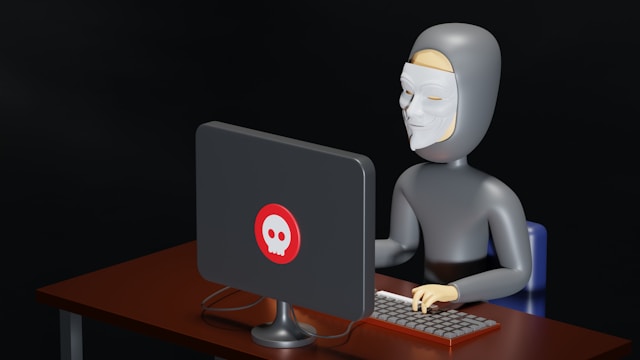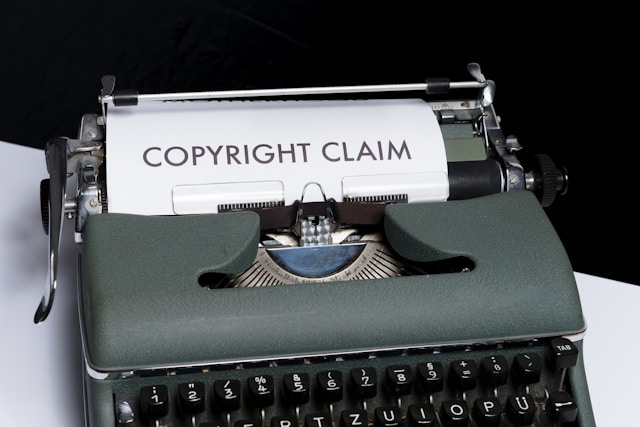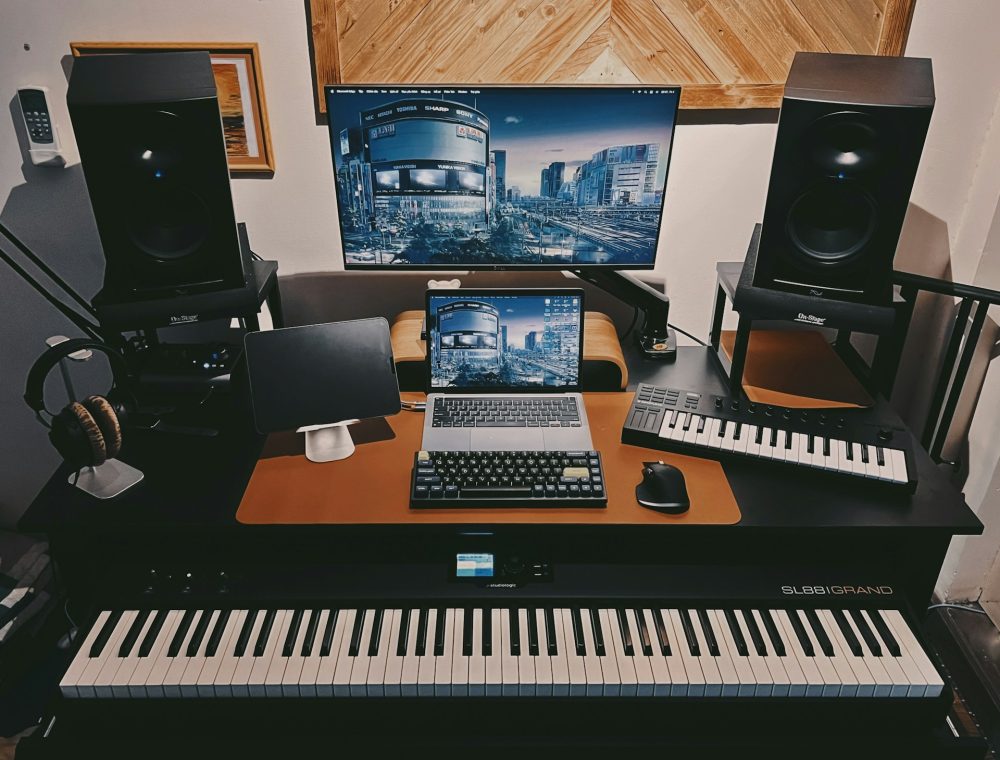In today’s digital world, music is more accessible than ever, but this accessibility comes with a downside: online theft. Songs are frequently downloaded, shared, and streamed without permission, causing significant financial and creative losses for artists, labels, and producers. Understanding why this happens and how to safeguard your work is crucial for anyone in the music industry.
Why Music Gets Stolen Online
The main reasons songs are stolen revolve around ease of access, lack of awareness, and technological loopholes. Many users do not realize the legal ramifications of downloading or sharing copyrighted music. Others are motivated purely by convenience, opting for free access rather than paying for legitimate streams or purchases. Additionally, some online platforms make it difficult to monitor unauthorized activity, providing an opportunity for infringers to exploit loopholes.
Music theft is not just a moral issue; it affects income, reputation, and the sustainability of creative careers. Even small independent artists can suffer significantly when their work is distributed without compensation.

Common Methods of Online Music Theft
Artists and labels encounter various forms of unauthorized distribution. Some of the most frequent include:
- Illegal file-sharing websites that host pirated tracks for free download.
- Peer-to-peer networks where users exchange music files without licenses.
- Social media platforms where content is uploaded without consent.
- Streaming services that fail to properly license music, sometimes unknowingly.
Being aware of these methods can help creators identify vulnerabilities in their music distribution and take steps to prevent unauthorized access.
Strategies to Protect Your Music
Implementing a comprehensive approach to music protection can greatly reduce the chances of theft. This includes legal, technological, and practical measures that work together to safeguard your intellectual property.
Some effective strategies include:
- Registering your songs with copyright authorities to establish legal ownership.
- Using digital rights management (DRM) to restrict unauthorized copying or sharing.
- Monitoring online platforms for unauthorized uploads of your tracks.
- Partnering with trusted services for music protection that can issue takedown notices and handle DMCA claims.
Regularly updating these protections and remaining vigilant about new platforms and sharing methods is essential for keeping your music safe in the long term.

Educating Your Audience and Fans
Protecting music is not only about enforcement but also education. Many users will comply with copyright laws if they understand the impact of piracy. Communicating directly with fans through newsletters, social media, and official websites can foster a culture of respect for intellectual property.
Tips for engaging fans while promoting legal music consumption:
- Offer exclusive content or early releases through official channels.
- Highlight the impact of piracy on artists’ livelihoods.
- Encourage sharing of music through legal streaming platforms.
- Run awareness campaigns about the benefits of supporting creators directly.
By combining legal safeguards, technological tools, and audience education, artists and labels can significantly reduce the risks of music theft online. Protecting your creative work ensures that artists are compensated fairly and that the music industry continues to thrive in a digital era.
